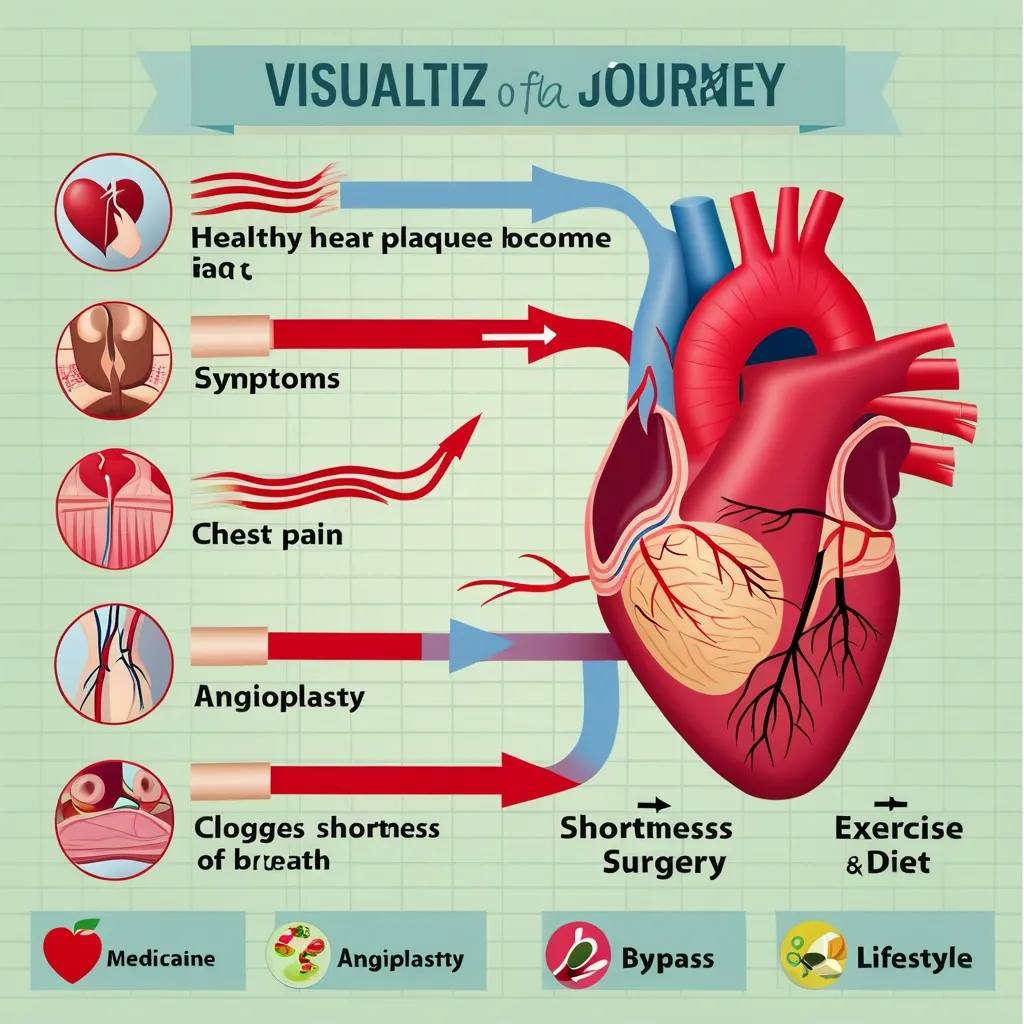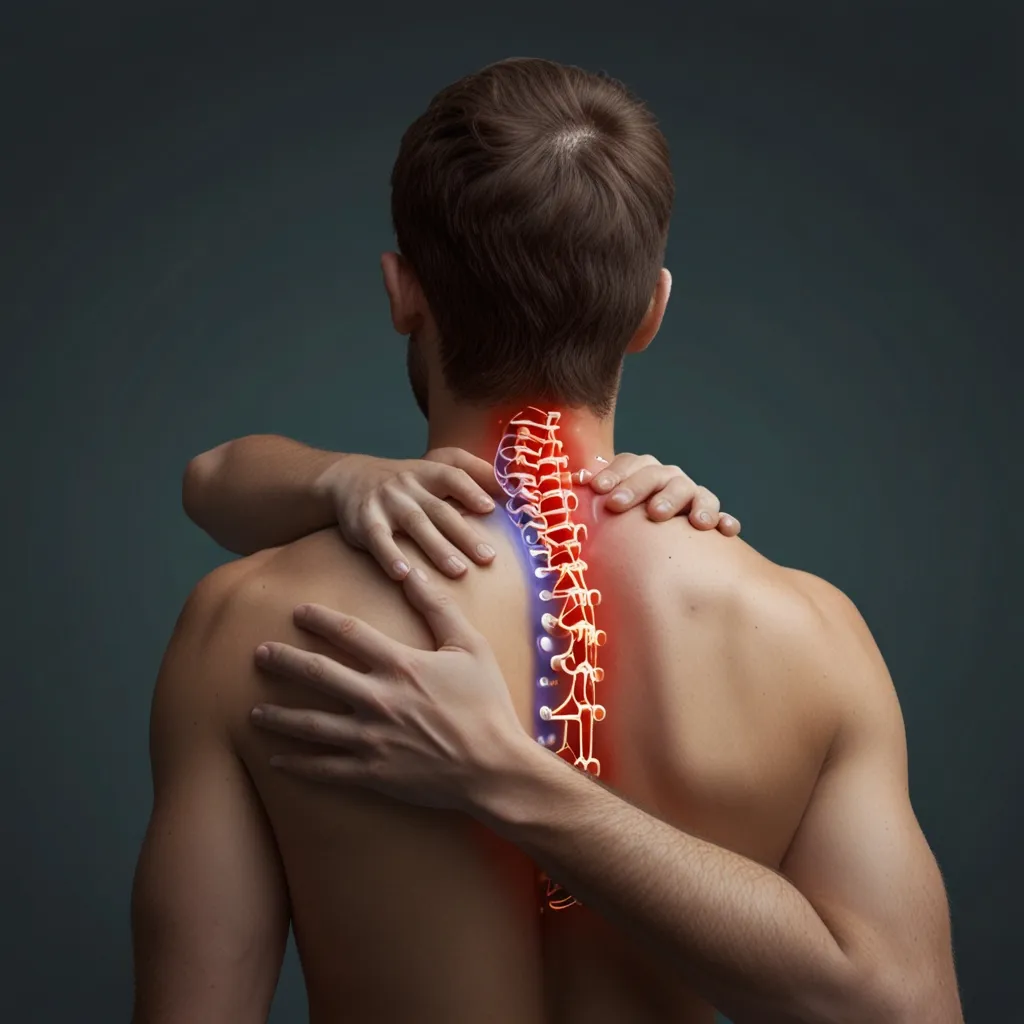Heart disease, especially when tied to blocked arteries, is a massive worldwide issue. Millions deal with it and its severe, sometimes lethal consequences every day. So, knowing what causes it, recognizing the symptoms, and understanding the treatments is a big deal for anyone wanting to stay on top of their heart health.
Breaking Down Blocked Arteries
Blocked arteries often stem from a condition called atherosclerosis. Imagine your arteries getting stuffed with a mix of fatty deposits, cholesterol, calcium, and some other gunk. This nasty cocktail forms what’s known as plaque. Over time, plaque builds up and starts to shrink your arteries, making it harder for blood to travel smoothly to your heart. If this sounds bad, it’s because it is. This narrowing can cause serious health issues, leading right into coronary artery disease, which is the heavyweight champ of heart diseases.
Spotting the Symptoms of Blocked Arteries
Symptoms can sneak up on you, sometimes without any clear warning. Chest pain, called angina, is one of the most common red flags. It typically kicks in during workouts or when you’re really stressed. People describe it as a squeezing or heavy sensation in the chest. Unlike a heart attack, though, angina tends to go away with some rest.
But angina isn’t the only thing to watch for. Shortness of breath, feeling dizzy, heart palpitations, nausea, sweating, and general weakness can also point to blocked arteries. These symptoms usually mean your heart isn’t getting enough blood, and that’s something you definitely shouldn’t ignore.
When It’s Time to Reach Out for Help
Chest pain that ramps up with activity and chills out during rest is a clear signal to talk to your doctor. If you suddenly get chest pain even when you’re not doing anything strenuous, it could be a heart attack sign. In that case, don’t mess around—call emergency services right away.
Options to Tackle Blocked Arteries
Treating blocked arteries usually involves a mix of medication, lifestyle tweaks, and sometimes, surgical interventions.
Medications
Medications are crucial in keeping coronary artery disease under control. Doctors often prescribe blood thinners, aspirin, ACE inhibitors, beta-blockers, nitroglycerin, and calcium channel blockers. These help thin the blood, lower cholesterol, and keep plaque stable, making it harder for the situation to get worse.
Surgical Routes
For severe cases, surgery might be the ticket. One common procedure is angioplasty. Here, a tiny tube with a balloon tip is threaded into the blocked artery and inflated to open it up. Often, a stent (a small mesh tube) is left in place to keep the artery open. Patients usually go home the same day, so it’s relatively quick and straightforward.
Another surgical option is coronary artery bypass grafting, or CABG. This is more for those with multiple blocks. Doctors take blood vessels from other parts of your body and use them to make a new path around the blocked arteries. It’s more invasive and means a longer hospital stay, but it’s often necessary for severe cases.
Lifestyle Changes
Changing your lifestyle is a big part of managing and preventing coronary artery disease. Think about tweaking your diet to be more heart-healthy, cutting down on stress, losing some weight, getting regular exercise, and quitting smoking if you do. These shifts can make a huge difference in how you feel and your overall prognosis.
Cardiac Rehab: A Step in The Right Direction
For those who’ve had a heart attack or undergone cardiac surgery, cardiac rehabilitation programs are often recommended. These programs involve exercise training, heart health education, diet advice, and emotional support. Studies show that sticking with a cardiac rehab plan can lower the chances of future heart attacks, strokes, depression, and even death from heart-related issues.
Detect Early, Act Quickly
Catching blocked arteries early is crucial. Atherosclerosis can quietly lurk for years without any symptoms until it becomes a big problem. Regular heart check-ups and scans are a smart move to catch issues before they get critical. Taking charge of your heart health with a proactive approach—including a healthy lifestyle and following through with your doctor’s treatment plans—can drastically improve your long-term prognosis.
Keeping an Eye on the Future
While there’s no magic cure for coronary artery disease, the outlook improves significantly if you stick to your treatment plans and make the necessary lifestyle changes. Regular visits to your healthcare providers, especially cardiologists, help monitor your condition and quickly deal with any new symptoms or side effects from medications.
Heart Health: A Quick Recap
So, heart disease from blocked arteries is no joke. It needs quick, focused attention. Stay alert to the symptoms, know your treatment options, and make lifestyle changes that support a healthy heart. Educating yourself and taking preventive measures can lower your risk of complications and help you lead a healthier life. Being proactive and staying well-informed are key steps in keeping your heart in good shape.






